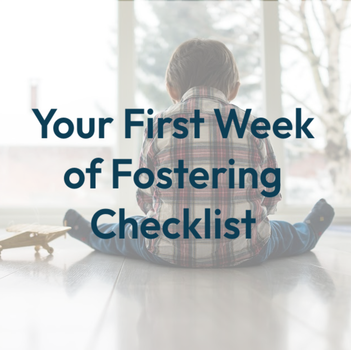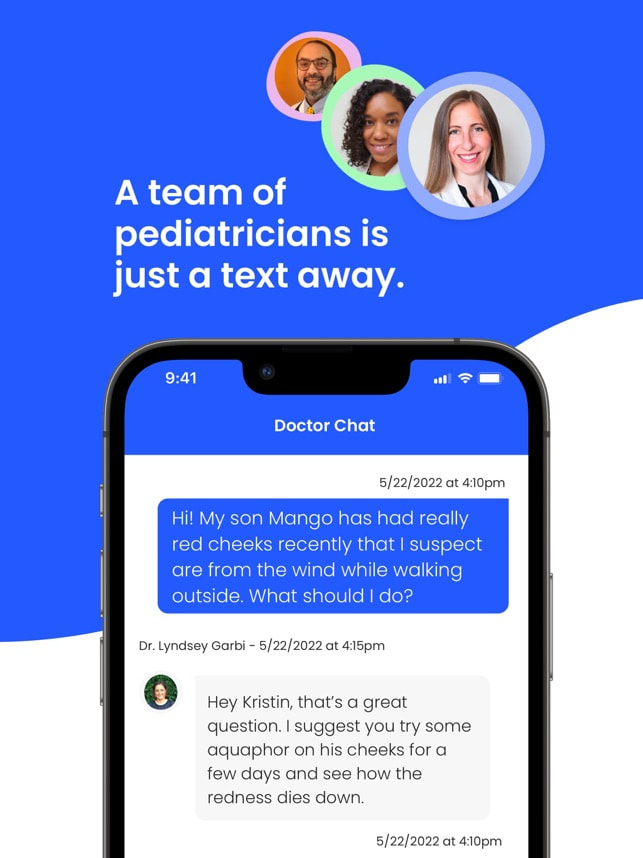 I knew the first few weeks/months of fostering were going to be challenging but I was still surprised by the reality: mandatory doctor appointments, forms, visits, school enrollment, not to mention trying to help everyone adjust--it all felt a bit overwhelming in that moment. I've realized it doesn't actually have to feel that way if you know what steps you have to take and then just take it one step at a time. Here's the checklist I'll be using for our next placement. First 24 Hours
Day 2 & 3
Day 4-7+
The first week is filled with plenty to do, without a doubt. Fortunately, as paperwork and mandatory appointments slow down a bit, you then get to focus more on building routine and bonding—the good stuff. |
AuthorI'm a foster mom, bio mom, working mom, special needs mom, busy mom. I'm also married to my high school sweetheart, I'm a proud 23-year childhood cancer survivor, and I'm passionate about serving my community. More from FosterMamaArchives
March 2023
Categories
All
|


 RSS Feed
RSS Feed